
Panellists at the just-ended Ghana Economic Forum (GEF) 2025 have strongly pushed renewable energy as a sustainable means of addressing the country’s ballooning energy sector debt and ensuring reliable yet affordable power supply.
Investing in efficient technologies and diversifying Ghana’s energy mix through renewables such as solar, gas and nuclear power offers a more lasting solution than continually increasing tariffs.
Technical Advisor-Ministry of Energy and Green Transition Dr. Ishmael Ackah highlighted systemic failures and weak oversight as root causes of the current power challenges and legacy debt.
He noted that the sector’s debt, estimated at about US$3.1billion owed to Independent Power Producers (IPPs), underscores the urgent need for reforms to restore financial stability and efficiency.
Dr. Ackah observed that in 2006 the Energy Commission developed a strategic national energy plan – but it was not implemented.
“This failure to plan is endemic in the entire national development process, it causes panic-driven procurement of overpriced energy during emergencies – plunging the sector into ‘dumsor’ and cyclical debt.”
He expressed concern over persistent inefficiencies and revenue losses within the energy sector, citing procurement practices that have not always served the state’s best interests. Such practices have deprived the country of vital resources that could have been channelled into critical areas such as education and health infrastructure.
Executive Director-Africa Centre for Energy Policy (ACEP) Benjamin Boakye also expressed concern over the mounting energy sector debt, saying it is an albatross – “bigger than our annual investment in infrastructure”.
This means the money being poured into servicing this legacy debt is greater than the money spent to build roads, schools and hospitals, he explained.
The panellists enumerated actionable remedies for the ailing energy sector to build a system capable of powering the country’s industrialisation agenda. This includes prioritising renewable energy in the nation’s energy mix, promoting accountability and ramping up tariffs-collection.
Indeed, the sector’s problems are suffocating national development and the solutions require political will and systemic reform. The panellists concurred that the current energy model is too expensive and inefficient, calling for the addition of renewable and cost-efficient sources to the mix.
GEF 2025, organised by Business and Financial Times (B&FT), fosters in-depth discussions on critical issues shaping the Ghanaian economy.
In a related development, Chief Executive Officer-Independent Power Producers (IPPs) Dr. Elikplim Apetorgbor refuted claims that Independent Power Producers are expensive; saying, rather, they offer greater operational efficiency and sustained value to Ghana’s power industry.
Speaking during at the 14th Ghana Economic Forum in Accra last week, Dr. Apetorgbor dismissed such assertions as “technically inaccurate” – arguing that the supposed cost-gap does not reflect the true economic cost of generating electricity.
“Many of the state-owned plants are almost at the end of their lifespan and have already recovered their capital costs, while most IPPs are newer and still recovering their investments in addition to energy charges.”
Although the inclusion of capital recovery makes IPP tariffs seem higher, private operators employ more modern and efficient technologies – resulting in much greater energy output per unit of fuel used, he explained further.
According to him, the cutting-edge systems utilised by IPPs significantly reduce fuel expenses – one of the largest cost components in electricity production – by as much as 40 percent.
Consequently, Dr. Apetorgbor recommended that government monetise state-owned thermal assets to generate funds for the Electricity Company of Ghana (ECG) and help clear a portion of the sector’s long-standing debts.
He also proposed the commercialisation of unused generation capacity instead of classifying it as overcapacity. “If we have contracted 200 megawatts and consume only 100, the remaining 100 can be sold to neighbouring countries that are hungry for power.”
It is to be recalled that the Minister for Energy and Green Transition, John Abdulai Jinapor, raised concerns over the rapidly increasing debt within Ghana’s energy sector – warning that urgent action is needed to prevent a financial collapse.
“The rate at which debts are piling up in the energy sector makes it imperative to take drastic measures. If we do not act now, we risk a major crisis,” Mr. Jinapor stated.
This echoes warnings from Finance Minister Dr. Cassiel Ato Forson, who at a national economic dialogue on March 3, 2025 cautioned that Ghana’s energy sector debt could reach US$9billion (GH¢126billion) by 2027 if urgent steps are not taken.
The post Editorial: GEF panellists propose up-scaling renewable energy to tackle US$3.1bn energy sector debt appeared first on The Business & Financial Times.
Read Full Story
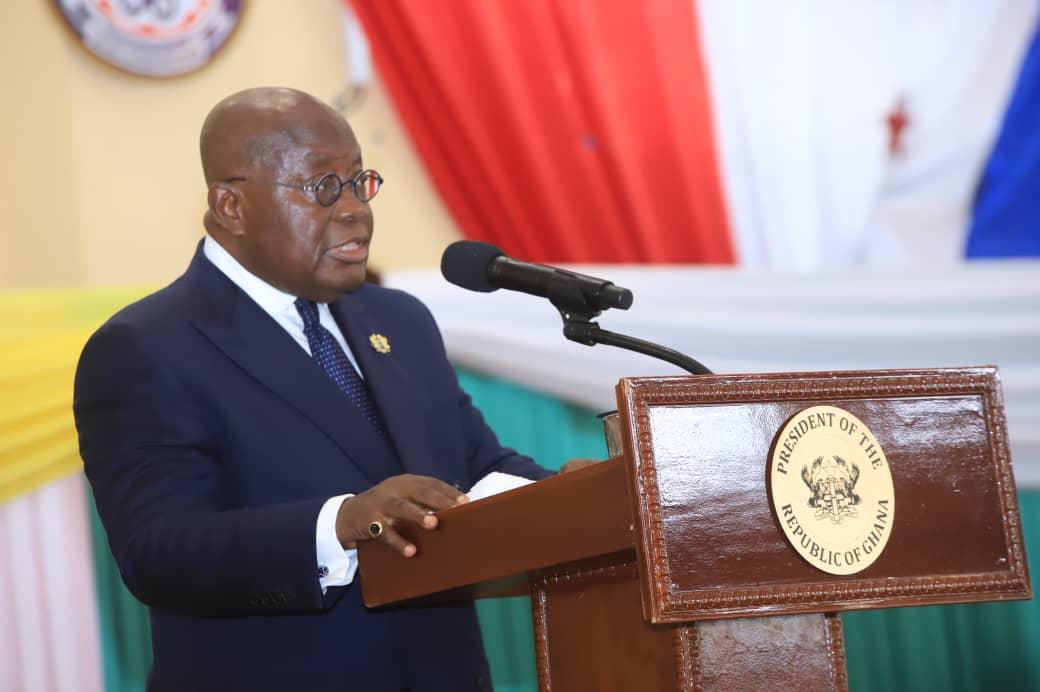
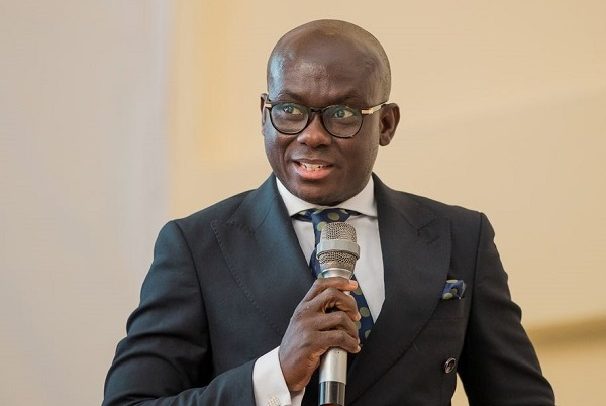

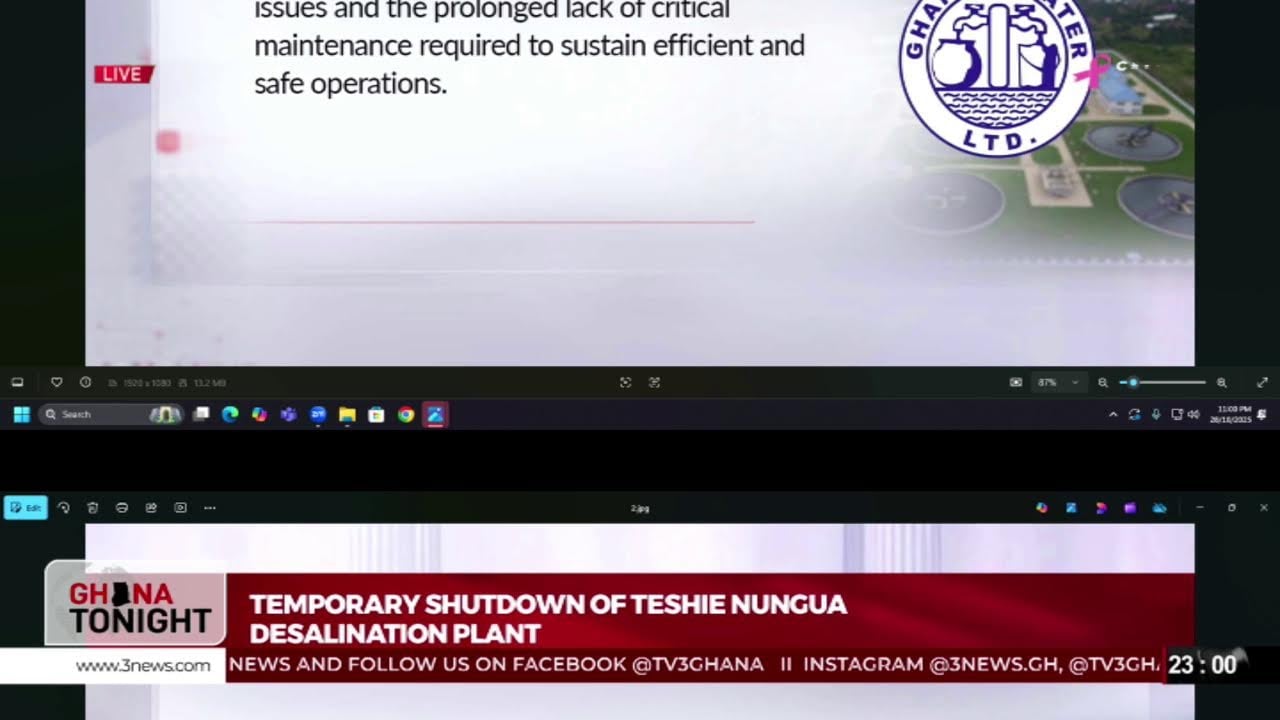

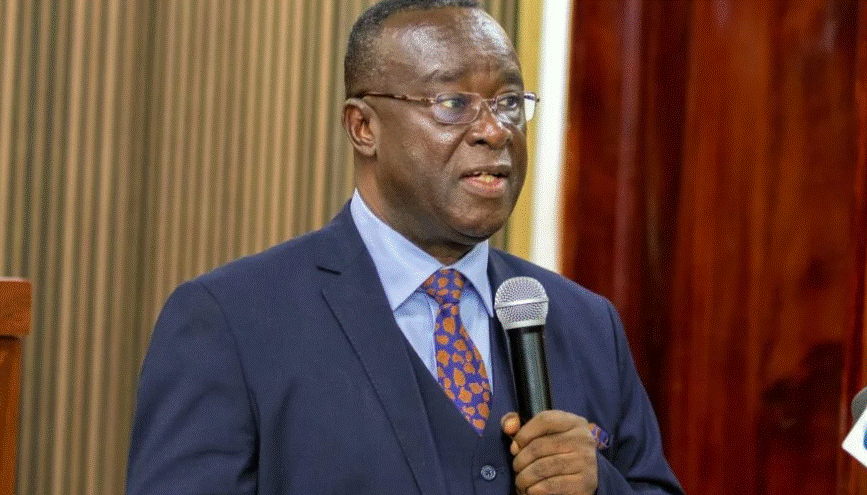



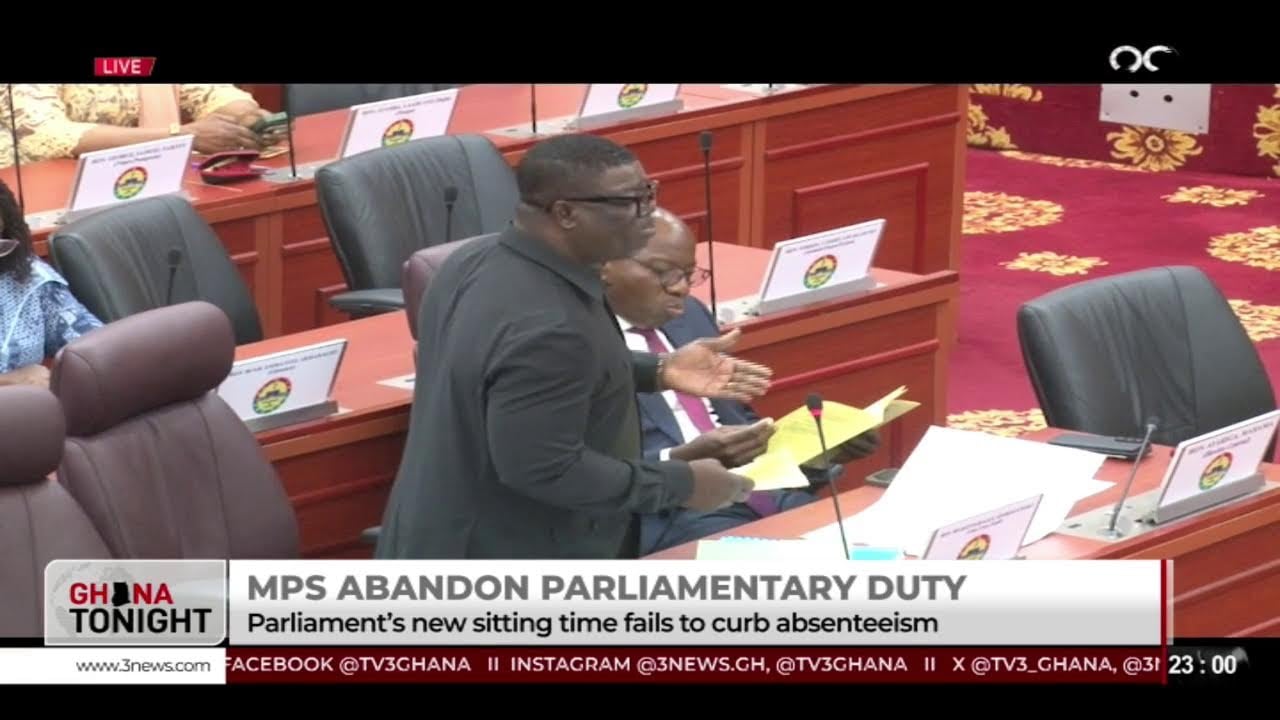
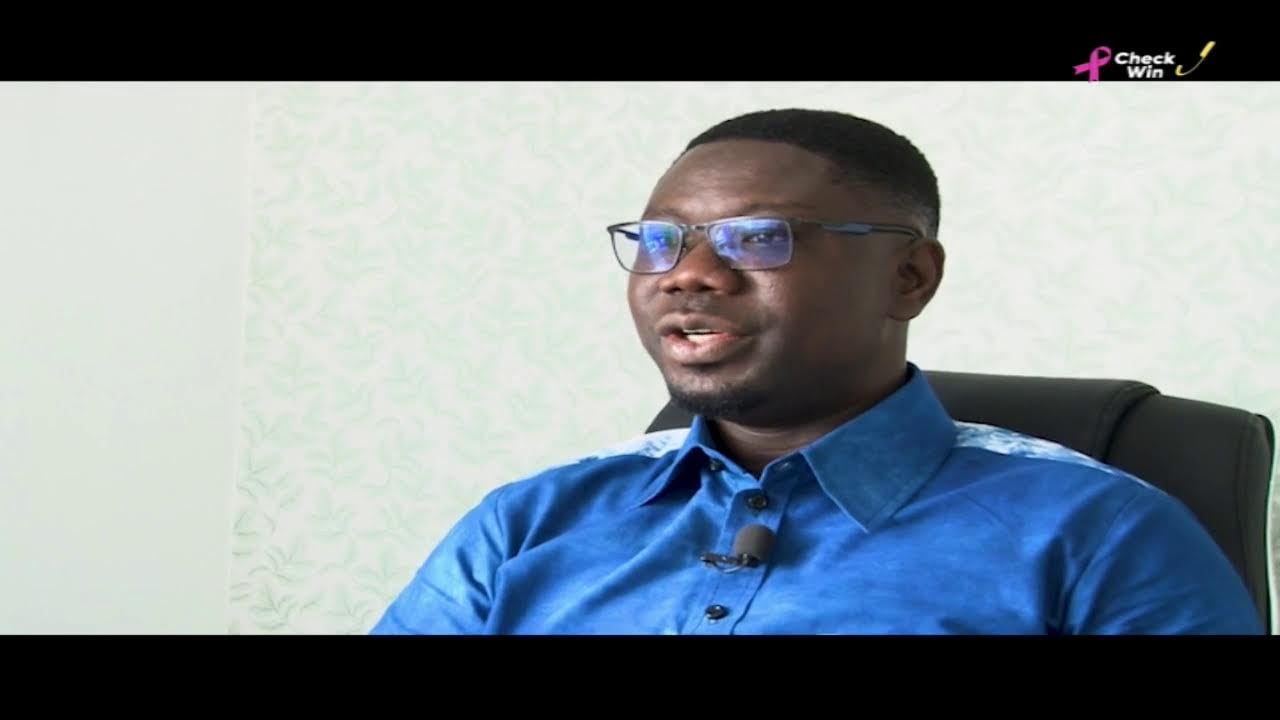







Facebook
Twitter
Pinterest
Instagram
Google+
YouTube
LinkedIn
RSS